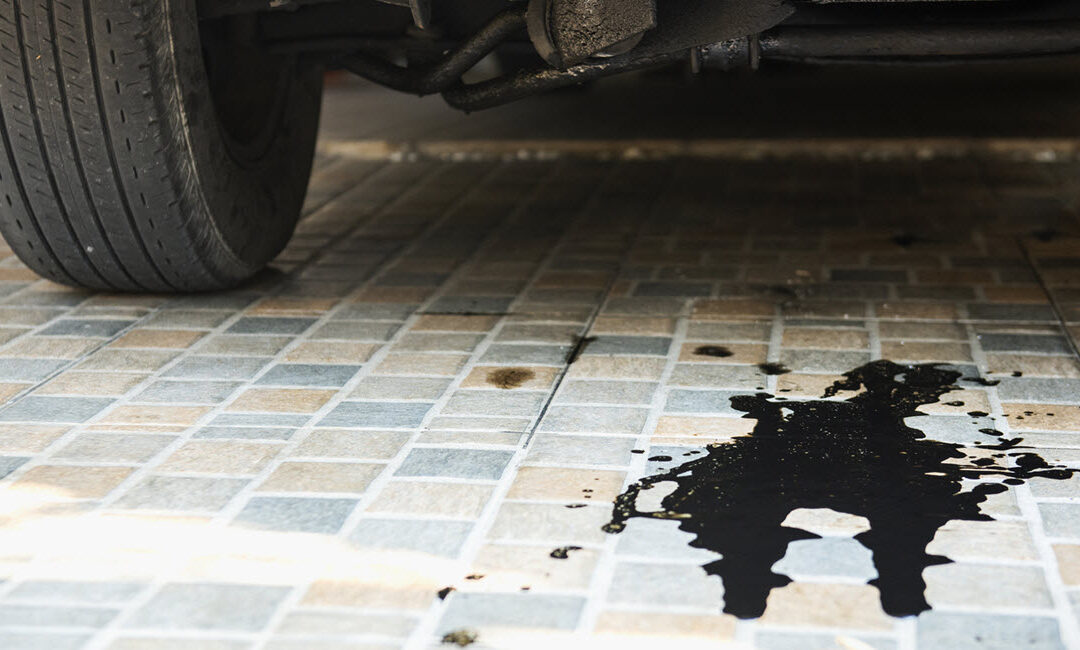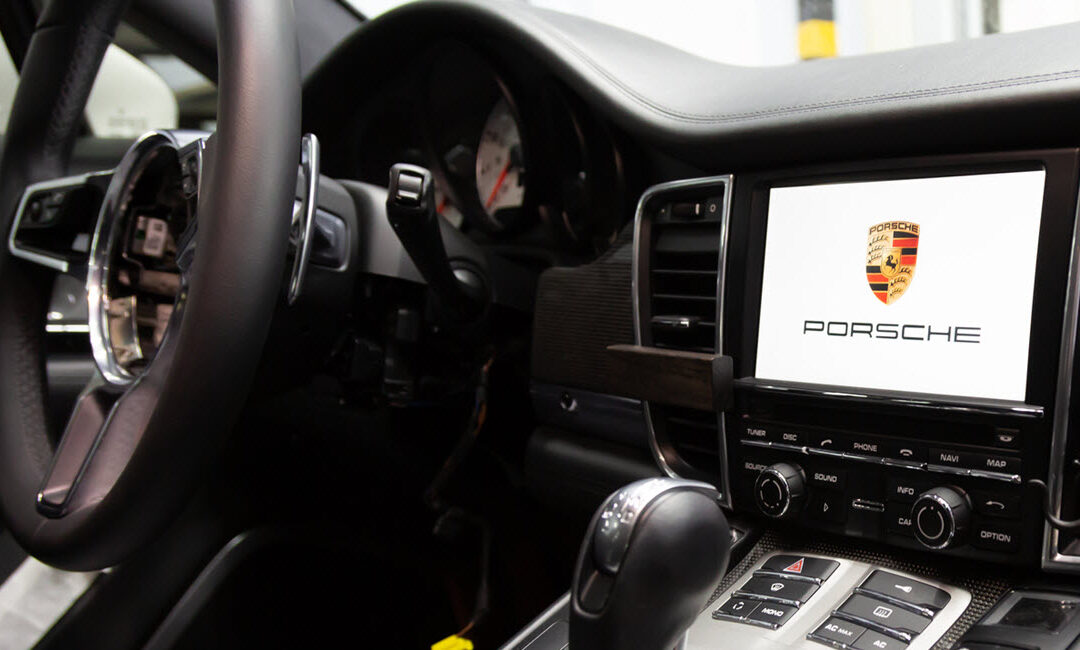News

Can You Still Drive Your Volvo With An Oil Leak?
While many American motorists opt for domestic vehicles, an increasing number are turning to imported cars - and Volvos are some of the most popular choices. Even though they may cost a bit more than comparable American-made cars, Volvos offer a number of advantages,...

4 Key Traits Of A Good Porsche Mechanic In Herndon
Porsches have long been coveted as symbols of luxury and style. But what many people don't realize is that they are also incredibly reliable vehicles. In fact, Porsches are often ranked among the most dependable luxury cars on the market. This is due in part to their...
Check Out Our New Video!
The BMW E34 M5 Convertible
Here's an interesting piece of BMW history that we were unaware of - behold the E34 M5 convertible and bask in its glory! Click here or the picture below to view the BMWBlog article.
Tear Down of Toyota’s 2JZ Motor
How about an awesome tear down video about Toyota's legendary 2JZ motor to brighten up this gloomy Tuesday?
Vehicle Need Repairs on This Snow Day?
If you need your vehicle worked on, give us a call! We are open for business today and our lot is clear of snow ? 703.471.4494
How Can I Tell If My Car Overheats?
It may seem like your car can only overheat in the warm days of summer, but your car might overheat at any time. It's important to know what to look for when your car starts overheating, and it's even more important to know how to fix this issue when it occurs. Here's...
Signs Your Car Might Need a Brake Repair
Regular brake service is essential to safe driving. Brake parts don’t last forever and failing to replace them puts your life and the lives of others at risk. Fortunately, your car gives you plenty of warning when your brakes require servicing. It’s up to you to...
3 Common Electrical Issues In Your Car
Your car is made of a variety of mechanical and electrical components that enable it to run efficiently. When your car experiences an electrical issue, however, it can often be difficult to identify without the help of an experienced electrical service. Here...
Don’t Wait To Perform Maintenance On Your Vehicle: Here Are Five Repair Tips To Keep You Safe This Winter
Ice and snow are on the way. Is your car prepared for the onslaught of less-than-agreeable weather? When it comes to maintaining your safety and the safety of others on the open road, it's better to be on the confident side. Vehicle negligence is a major issue in the...

 Mon – Fri: 8am – 6pm
Mon – Fri: 8am – 6pm  134 Spring Street
134 Spring Street  (703) 471-4494
(703) 471-4494